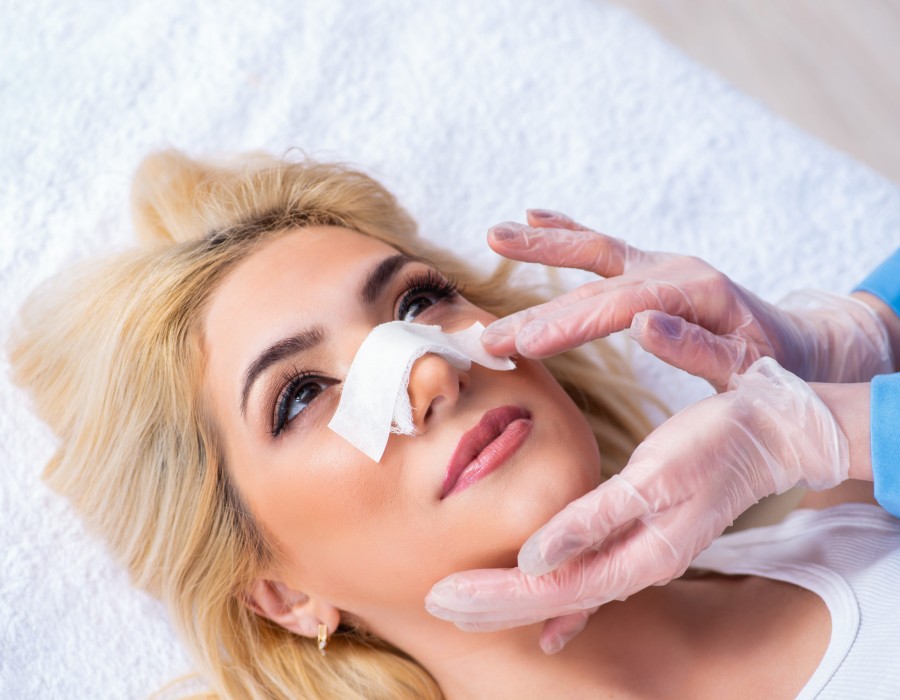Undergoing rhinoplasty in Islamabad can be a transformative experience, offering both aesthetic and functional improvements to your nose. However, as with any surgical procedure, post-operative bruising is a common concern. Understanding how to manage bruising effectively can make your recovery smoother and help you achieve the best results from your surgery.
Understanding Bruising After Rhinoplasty
Bruising around the eyes and nose is a typical side effect of rhinoplasty. This occurs due to the disruption of blood vessels during surgery, which leads to blood pooling under the skin. The extent of bruising can vary depending on the individual and the complexity of the procedure.
Expert Tips for Managing Bruising
- Apply Cold Compresses: One of the most effective ways to reduce bruising and swelling is by applying cold compresses to the affected areas. Use a clean cloth or an ice pack wrapped in a towel and gently apply it to your bruised areas. This should be done within the first 48 hours after surgery, as cold compresses can help constrict blood vessels and minimize swelling and bruising.
- Elevate Your Head: Keeping your head elevated, even while sleeping, can help reduce blood flow to the affected areas and minimize bruising. Use extra pillows to prop yourself up, ensuring your head is above your heart to aid in the reduction of swelling and bruising.
- Follow Post-Operative Instructions: Your surgeon will provide specific instructions on how to care for yourself after surgery. This includes guidelines on how to manage bruising. It’s crucial to follow these instructions carefully to ensure optimal healing and reduce the risk of complications.
- Stay Hydrated and Eat a Healthy Diet: Proper nutrition and hydration play a significant role in the healing process. Drinking plenty of water and consuming a balanced diet rich in vitamins and minerals can help speed up recovery and reduce the severity of bruising. Foods high in vitamin K, such as leafy greens, can also aid in the healing of bruised tissues.
- Avoid Blood Thinners: Certain medications and supplements can increase bleeding and exacerbate bruising. Avoid blood thinners, such as aspirin and ibuprofen, unless prescribed by your doctor. It’s essential to discuss all medications and supplements with your surgeon before your procedure.
- Gentle Skin Care: After the initial swelling and bruising start to subside, gently massage the bruised areas with a moisturizing lotion or ointment. This can help improve circulation and speed up the healing process. Avoid using any harsh products or scrubbing the skin too vigorously.
- Be Patient: Bruising is a temporary side effect, and it’s important to be patient as your body heals. Most bruising will begin to fade within a week or two, and full recovery will occur over the course of a few weeks.
Conclusion
Managing bruising after rhinoplasty is an essential part of the recovery process. By following these expert tips, you can minimize bruising and enjoy a smoother recovery. If you’re considering rhinoplasty in Islamabad or are in the midst of your recovery, the team at Enfield Royal Clinic is here to provide support and guidance. We are dedicated to helping you achieve the best possible results with expert care and personalized attention. Contact us today to learn more about how we can assist you in your journey to enhanced beauty and well-being.





Comments